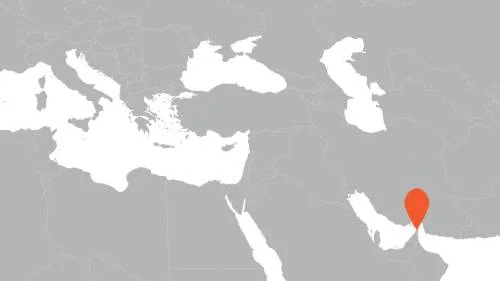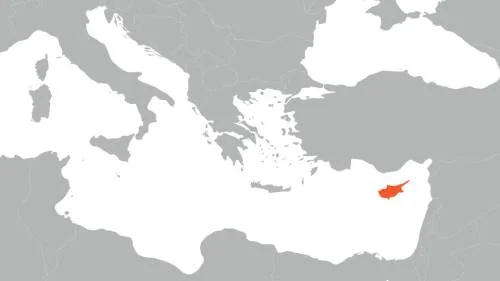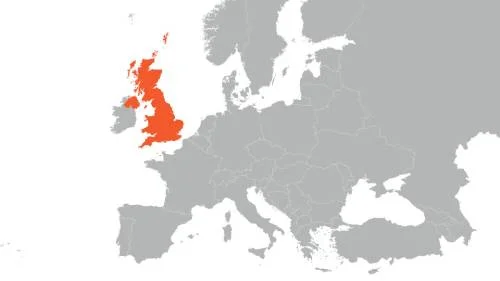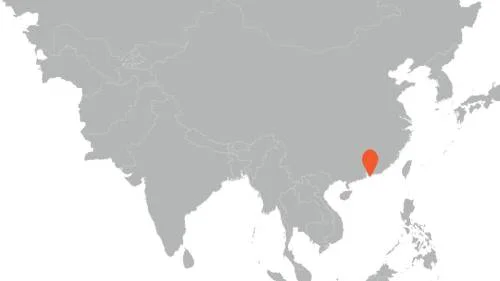Création de société aux BVI

 Délai de création : 2 jours
Délai de création : 2 jours Sociétés pré-constituées : Oui
Sociétés pré-constituées : Oui Comptabilité : Non obligatoire
Comptabilité : Non obligatoire
 Secrétariat : Non obligatoire
Secrétariat : Non obligatoire
 Actionnariat anonyme : Oui
Actionnariat anonyme : Oui
 Directeur nominé : Oui
Directeur nominé : Oui
Impot: 0%
Présentation des British Virgin Islands
Découvertes par Christophe Colomb en 1493, les Îles Vierges Britanniques (British Virgin Islands – BVI) se situent dans Antilles. Annexées par le Royaume-Uni en 1672, les îles constituent aujourd’hui un territoire d’outre-mer du pays, n’en faisant pas partie mais restant sous son autorité.
Les BVI : une place avantageuse
Les Îles Vierges Britanniques, bien qu’offrant l’anonymat et une bonne fiscalité, n’assurent pas une bonne image de marque, pouvant ainsi limiter les affaires avec les pays européens. Il existe deux formes de sociétés offshores aux BVI : la British Virgin Islands Business Company (BVI BC) et la British Virgin Islands Ordinary Resident Company réglementée pour se rapprocher des standards européens.
La BVI BC est la forme de société offshore la plus répandue et équivaut à une société à responsabilité limitée par actions. L’International Business Act réglemente son développement. Le directeur de la société doit être désigné dans les 30 jours suivants la création et il y a aucune exigence de nationalité et de résidence des actionnaires et dirigeants. Aucun capital minimum n’est demandé mais il existe des frais de création d’entreprise variant selon le capital de la société (350 USD à 1 100 USD). Une BVI BC ne peut exercer des activités sur le territoire des BVI, sauf pour des prestations particulières (comptables, avocats,…).
Pour pouvoir faire des affaires directement aux BVI, mieux vaut opter pour la British Virgin Islands Ordinary Resident Company qui autorise les activités internes. Elle est considérée comme résidente si la plupart des administrateurs vivent aux BVI et elle doit obligatoirement posséder une licence commerciale.
Bon à savoir
Les BVI sont une place offshore absolue et permettent toute transaction internationale (hors Europe). La juridiction est populaire depuis plus de 30 ans, cependant, les normes des dernières années de lutte contre les paradis fiscaux a fait des BVI la place la plus contestée par les services fiscaux européens. Il faudra donc éviter de facturer en Europe avec les BVI.
Les différents types de sociétés aux BVI
Créer une société aux BVI demande en général 2 jours et aucun capital minimum, mais des frais de création de 1100 EUR. Les différentes sociétés pouvant être constituées sont :
- la société en commandite par actions (le type le plus répandu aux BVI)
- la société à responsabilité limitée non autorisée à émettre des actions : souvent le modèle des organismes à but non lucratif
- la société à responsabilité limitée autorisée à émettre des actions : meilleure flexibilité
- la société à responsabilité illimitée autorisée à émettre des actions : considérée comme l’entité la plus « transparente »
- la société à responsabilité illimitée non autorisée à émettre des actions
Les différents taux d’imposition
Les entreprises ne payent aucune taxe dans les Iles Vierges Britanniques, et il n’existe pas de TVA. L’impôt sur le revenu est le suivant :
| Revenus des individus (USD) | Taux d’imposition |
|---|---|
| 0 à 3 000 | 0% |
| 3 001 à 7 500 | 6% |
| 7 501 à 15 000 | 10% |
| 15 501 à 22 500 | 15% |
| 22 501 et + | 20% |
La France et les BVI ont signé une convention de non double imposition.
L’essentiel de la comptabilité
Il n’y a aucune exigence en termes de comptabilité pour les entreprises, qui ne sont absolument pas obligées de tenir, ni de publier leurs comptes.
La juridiction en détail
Les Iles Vierges Britanniques sont principalement connues pour leur statut de paradis fiscal et leur environnement particulièrement attractif pour les entreprises. Une position à telle point avantageuse qu’un rapport datant de 2000 avait estimé que 41% des sociétés mondiales étaient enregistrées aux BVI (KPMG). Il est également estimé que 5 000 entreprises y sont créées chaque mois. Les autres secteurs dynamiques des Iles Vierges Britanniques sont le tourisme (50% du PIB) et le nautisme, mais également la pêche, la construction, la production de fruits ou encore la distillation de rhum.
Les avantages pour investir :
- fiscalité très avantageuse
- bonne réputation offshore du pays
- registre du commerce efficace et rapide
- infrastructures de télécommunication modernes
- législation souple
- aucune limite à l’activité offshore
La législation du travail
La législation du travail aux BVI est presque inexistante. Les syndicats, tout comme le salaire minimum, ne sont pas présents. Cependant, des normes sont toutefois instaurées et les employés doivent être enregistrés au Social Security Board. La retraite est établie à 65 ans sous réserve d’avoir cotisé 250 semaines. Les cotisations sociales pour l’employeur sont de 4,5% et de 4% pour l’employé.
Les données politiques
Le Roi du Royaume-Uni désigne le Gouverneur des BVI ((John Rankin), qui lui nomme son Premier ministre (Natalio Wheatley). Ensemble, ils dirigent le pouvoir exécutif.










